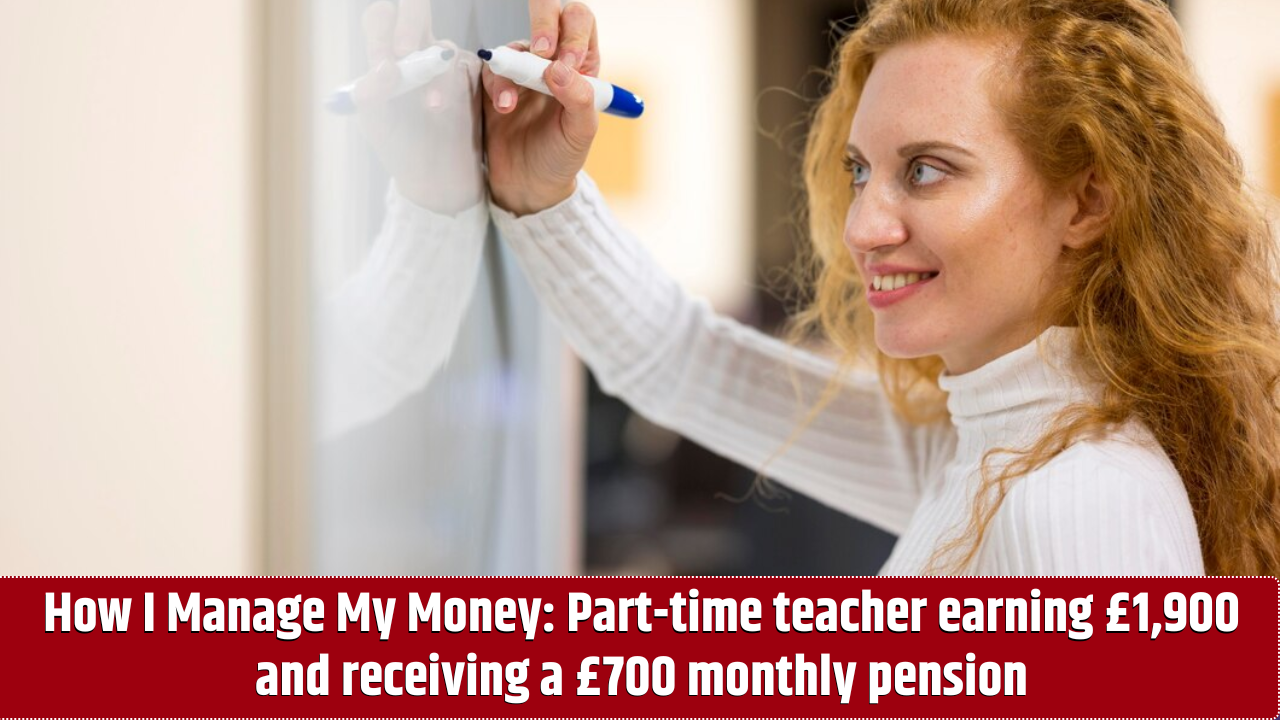At 69, Mike Collins is living proof that retirement doesn’t have to mean slowing down. After a long and rewarding career as a teacher across the UK, Mike transitioned into a part-time role as an education ranger—blending his passion for the outdoors with a desire to stay active and engaged. With a well-structured financial plan and a reliable mix of pension income and part-time earnings, Mike’s post-retirement life is not just comfortable—it’s inspiring.
Let’s take a closer look at how he manages his money in later life and the strategies that allow him to enjoy a fulfilling and financially secure retirement.
Post-Retirement Income Breakdown
Mike’s monthly income sits at around £2,600, combining different sources of pension and part-time work. Here’s a breakdown of where that money comes from:
| Income Source | Amount (Monthly) |
|---|---|
| Part-Time Job | £1,900 (pre-tax) |
| Workplace Pension | £700 |
| Total (after tax) | £2,600 |
Mike’s story highlights the value of diversified income sources during retirement. While he receives a state pension and benefits from the Teachers’ Pension Scheme, his part-time work adds flexibility and financial breathing room.
The Power of Early Pension Planning
One of Mike’s smartest financial decisions was contributing extra to his pension early in his career. Today, that foresight pays dividends—literally and figuratively. He receives:
- The State Pension, which as of the 2024–2025 tax year, pays up to £221.20 per week for those eligible for the full new rate.
- A Teachers’ Pension, accumulated over decades of public service.
- A workplace pension from his current employer, paying an additional £700 monthly.
Mike’s experience is a reminder of the compounding value of pension contributions, especially when started early and consistently maintained.
Investing His Pension Lump Sum
Rather than spending his Teachers’ Pension lump sum in one go, Mike took a more strategic approach. With the help of a financial advisor, he invested it in a balanced portfolio, ensuring that the money continues to grow while supplementing his future income.
Though the exact investment breakdown isn’t specified, balanced portfolios often include a mix of:
- Index funds and mutual funds
- Bonds and fixed-income assets
- Dividend-paying stocks
- Possibly some exposure to global equities or REITs
This approach gives him growth potential with managed risk, ideal for someone who wants stability with a dash of long-term return.
A Flexible but Disciplined Budget
Despite his comfortable financial situation, Mike remains mindful of his expenses. He rents instead of owning a home, prioritizing simplicity and flexibility.
His recurring costs include:
- Rent and utilities
- Transport and insurance
- Support for family
- Travel and hobbies
Mike sets aside money every month for adventure travel, with passions that include mountain biking, hiking, and photography. Retirement for him isn’t about cutting back—it’s about doing more of what he loves.
Emergency Fund and Ongoing Oversight
Another smart move in Mike’s playbook is maintaining an emergency fund. This safety net ensures he’s prepared for unexpected medical bills or lifestyle changes, reducing stress and keeping his investment strategy intact.
He also actively monitors his investment performance and pension drawdowns, showing that financial awareness doesn’t end at retirement—it evolves with it.
Mike’s Advice for Future Retirees
Here are Mike’s top three tips for those nearing retirement:
- Start Early – The sooner you begin saving into pensions, the better your financial outcome.
- Stay Active – Find part-time work or volunteer roles that keep you mentally and physically engaged.
- Invest Smartly – Don’t let your retirement lump sum sit idle—invest with a balanced, long-term mindset.
Resources for Retirement Planning
If you’re exploring your pension and retirement options, consider these official sources:
Mike’s retirement lifestyle is not built on massive wealth—it’s built on strategy, consistency, and purpose. He’s proof that you don’t need millions to enjoy financial freedom in later life—just a well-thought-out plan and a willingness to adapt.
FAQs
How much can you earn after retirement without affecting your State Pension?
The State Pension is not means-tested, so it’s not affected by post-retirement income. However, additional earnings may be subject to income tax depending on your total income.
Can I still contribute to a pension after retirement?
Yes, you can continue contributing to a private or workplace pension up to age 75, and you may still receive tax relief.
Is it worth taking a pension lump sum?
It depends. Many people take up to 25% of their pension tax-free. Investing it wisely, as Mike did, can enhance your retirement income.
Should I rent or buy in retirement?
This depends on personal preference and financial goals. Renting offers flexibility, while owning can provide long-term stability.
What’s a balanced investment portfolio?
A mix of stocks, bonds, and other assets designed to balance risk and reward based on your age, risk tolerance, and financial goals.






